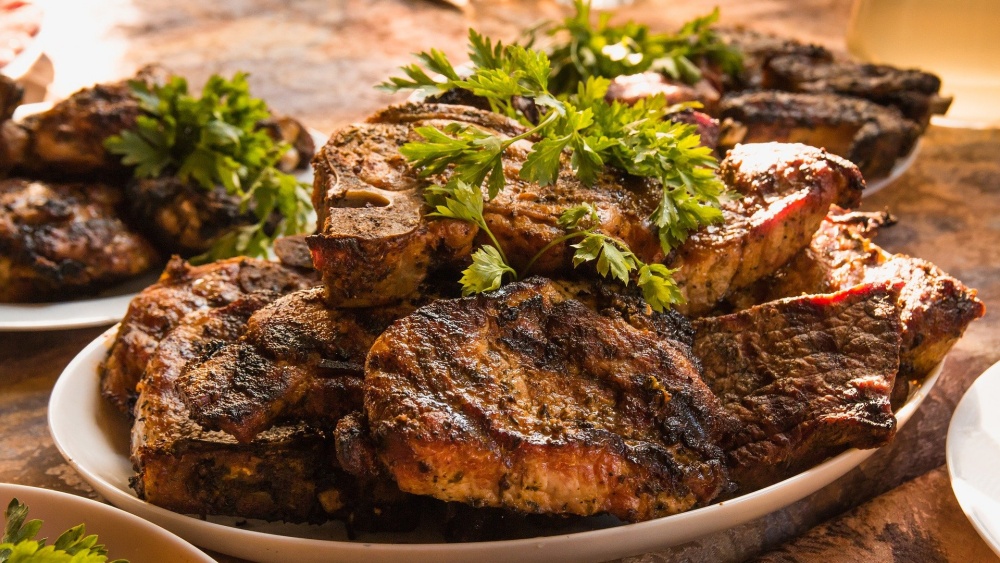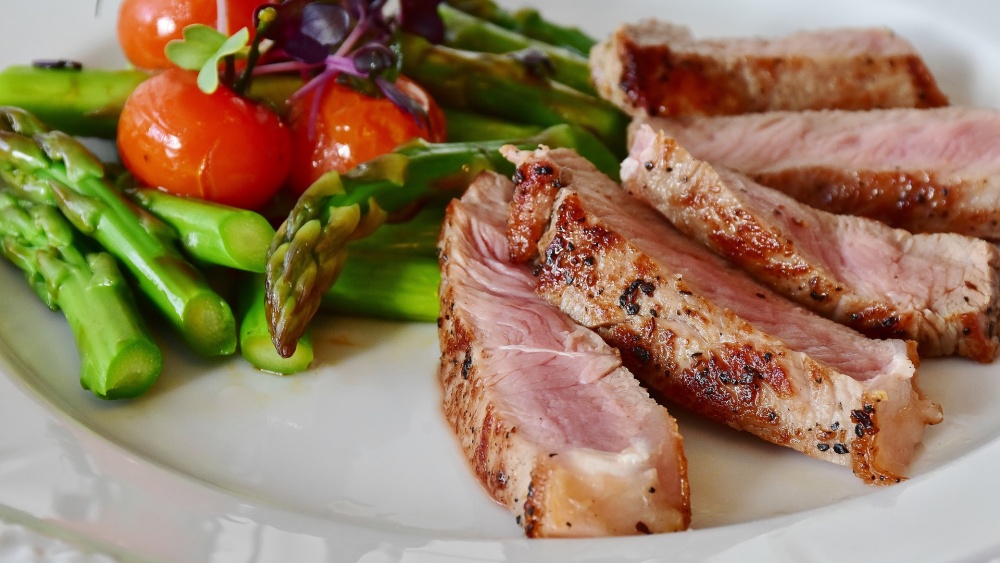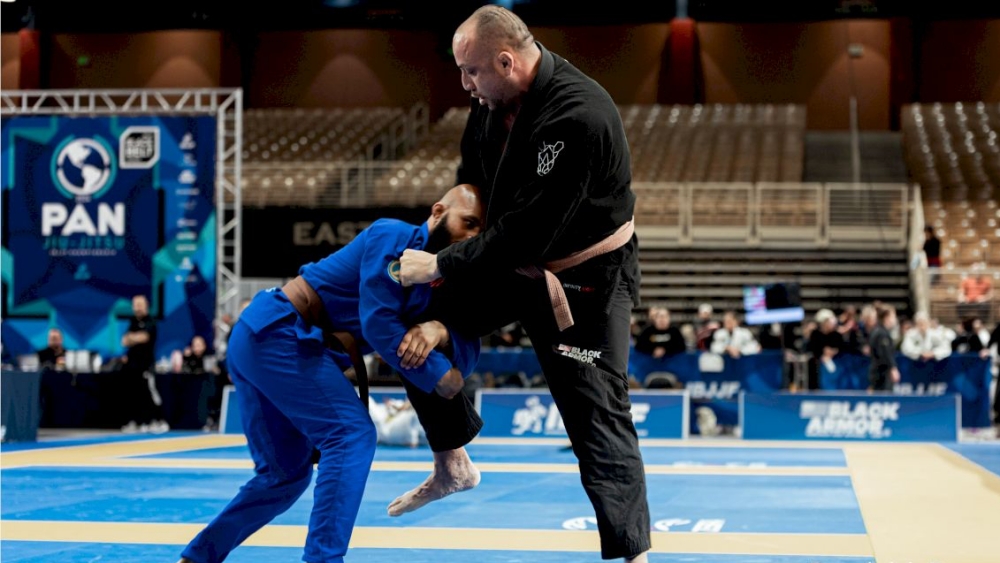What you eat leading up to your martial art training sessions or competitions can significantly impact your performance. Nutrition is essential for all athletes, martial artists included, since it provides your body with the fuel it needs to get you through training or tournaments. Your diet also provides the nutrients your body needs to repair itself after each rigorous training session.
Eating before martial arts training or competition prevents your blood sugar from dropping during training sessions and provides energy for your muscles to keep up with the rigors of training. Good nutrition helps with recovery after training, so you can train more frequently.
Think of your body as a car, while the things you consume are the fuel the car needs to work. Not providing your body the nutrients it needs would be akin to trying to drive a car with no fuel in it.
The Ideal Nutrition Plan For Martial Artists

There is no such thing as an ideal meal plan for all martial artists. Experiment with different types of foods until you find a meal plan that works for you. A pre-workout meal should be consumed about two to three hours before your training session or competition. That gives your body sufficient time to process the food, so it gives you all the energy you need when it’s time to work.
A proper pre-workout meal should be high in complex carbs and low in fat. Fatty foods are not necessarily bad to consume before a workout since they give your body energy. However, they take longer to digest, so if you must consume them, give your body at least three hours to break down the food. Proteins also take longer to digest, but your pre-workout meal should contain moderate amount of proteins. That’s why you want to have your pre-workout meal about three hours before your training session.
Let us thoroughly examine these three food groups to see how they can benefit your training as a martial artist.

Carbs provide you with energy in the form of glucose. It is stored as glycogen in the body and serves as your primary energy source when performing explosive movements. When your glycogen levels are low, your body resorts to breaking down muscles for energy. Fats are used for energy when performing longer workouts.
Your muscles can only perform well when they have all the energy they need, so low glycogen levels hinder your training sessions and performance during competitions. Glucose and glycogen are constantly replaced in the body, so eating the right things is essential to optimize their storage, so you have all the fuel your body needs. Pre-workout meals should be about 60 percent complex carbs to ensure your body has enough fuel to last through your entire workout.
Protein

Protein is the building block of muscles and tissues in your body. Consuming protein with carbs or on their own before training helps to rebuild muscle tissues damaged during your workouts. Protein also helps reduce muscle breakdown during physically demanding activities and promotes faster recovery after training.
Aim for about 20 to 25 grams of protein for your pre-workout meals, and consume one to two grams of protein for every kilogram you weigh after training to ensure your body has all the protein it needs to keep your muscles strong.
Fat

Fat is just as important as protein and carbohydrates as far as nutrition goes. You should never completely eliminate fat from your diet since it is an essential energy source, mainly when training for more than 20 minutes. Healthy fats like fish oils should make up 10 to 20 percent of your diet.
Crafting Meal Plans That Suit Your Needs
Now that we’ve gone over what the main food groups do for your body, let’s dive into some of the things you should know when developing a meal plan that helps to maximize your training and performance during competitions.
Identify Your Goals
There is no ideal nutrition plan for martial artists since we all have different fitness goals and body types. A meal plan that works for a martial artist looking to add muscle to their frame will probably not be ideal for someone looking to lose weight.
Write down your fitness goals, then create a nutrition plan that meets your needs. The formula for weight loss or weight gain is simple. You must eat fewer calories than your body needs daily to lose weight, while you must eat more calories than your body needs to add bulk to your frame.
Once you identify your goals, creating the ideal nutrition plan becomes easy.
Pre-Workout Meal

Your pre-workout meal is arguably the most important meal of the day. Skip eating before training, and you’ll probably notice a reduction in your performance. Your body needs the energy to power you through workouts, and it must come from somewhere. Your body taps into your fat reserves when energy levels are low, but the energy derived from fat doesn’t help much with explosiveness. Fats provide your body with a slow release of energy best suited for endurance activities.
Your pre-workout meal should contain mostly carbohydrates (don’t worry, you’ll burn most of it off during training) and about 20 grams of protein. A little bit of healthy fat like added doesn’t hurt either. This will give your body everything it needs to keep up with the demands of training.
Post-Workout Meal

Protein is king when it comes to post-workout meals. Your body has been through a lot, so you want to give it what it needs to recover: mainly protein. Aim to consume up to 50 grams of protein for your post-workout meal. It should be low in carbs, and about 25 percent of the meal should be vegetables and fruits. This gives your body essential minerals like vitamin C and antioxidants that help with recovery.
Your remaining meals throughout the day should fit into your targeted daily caloric intake. It should primarily consist of proteins and vegetables, with as many calories as your daily caloric needs allow.
You may also like:
How To Transition From Training In MMA To Becoming A Professional Fighter













